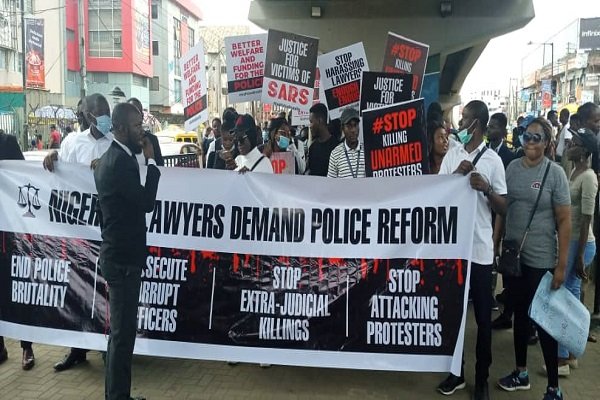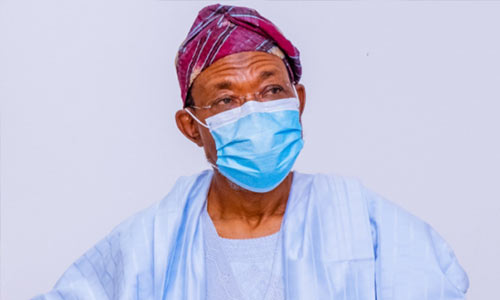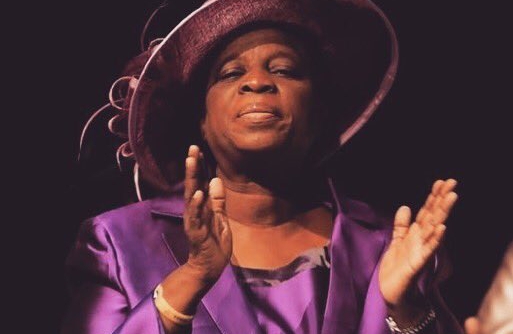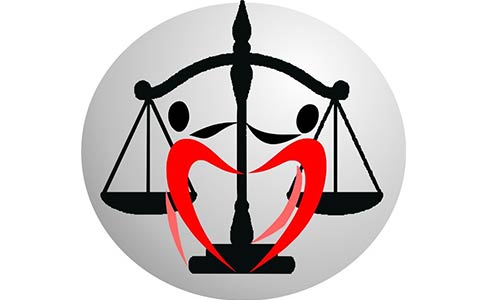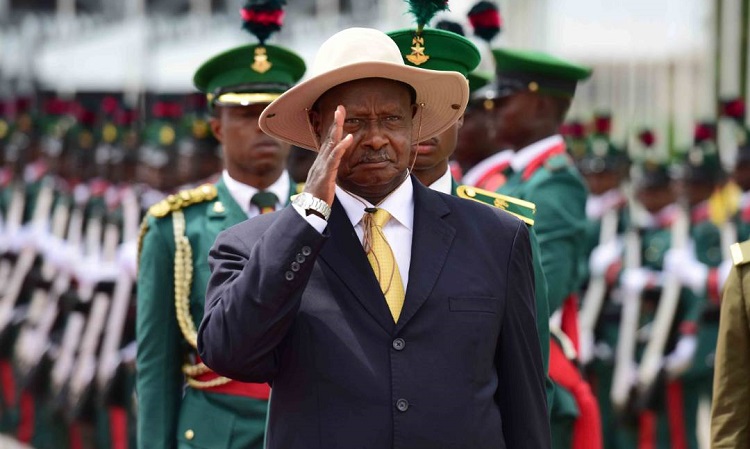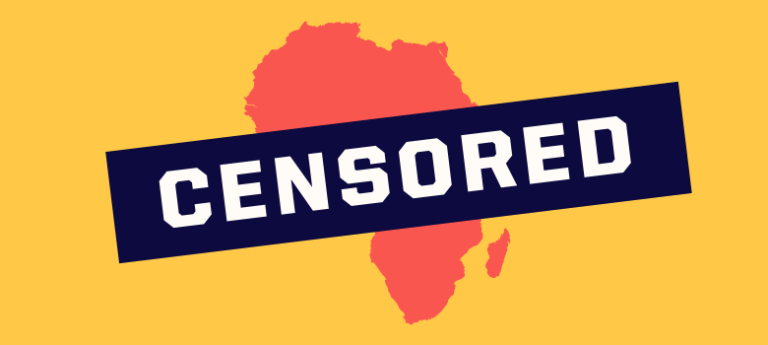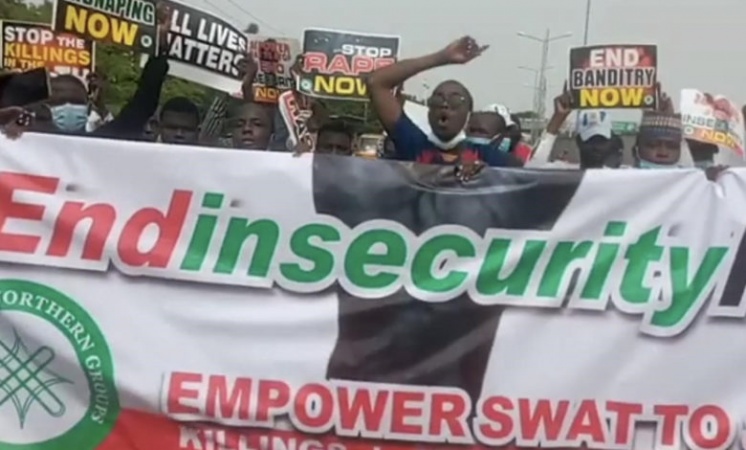The #EndSARS protests in Abuja is assuming dangerous colouration as alleged pro-SARS thugs burnt tens of cars and became subjects of reprisal attacks in the Apo District of Abuja, home to traders and mechanics.
At press time, no word had come from authorities as angry traders chased around the alleged hoodlums with axes and cudgels.
Some of the other disturbing pictures and videos could not be verified at press time, so Everyday.ng cannot publish them.
Recall that the Minister of Youths and Social Development, Sunday Dare, after a meeting with President Muhammadu Buhari on Monday told journalists that the President recognised the right of the youths to protest, but cautioned against violence.
His words: “First, Mr President said as far as he was concerned, it is important to allow the younger generation to exercise the freedom to protest, but he did say that such protests must be in a peaceful manner.
“Of course, he is worried about some of the exceptions to the peaceful nature of the protests.
“For him, it is important that these protests are properly guided. He said part of the demands that were made was to ensure those protesting are protected and any police officer that has in one way or the other attacked any protester be brought to book.
“So, Mr President thinks it is a fundamental human right, so long as the protest is peaceful and focused. He said he has been responsive to demands put forward by the protesters.
“He believes the youth to a very large extent are law-abiding, they are young people with dreams and expectations of the government and the society and that they have a right to demand for certain things, which is why he has a very attentive ear to their demands….
“The President spoke directly on Monday, condemning the killings, particularly the extra-judicial killings that have occurred before, police brutality and approving investigation and to bring the guilty to book. That is one level of conversation.
“Last week, we had a virtual town-hall meeting in which we had the police PRO and myself engaging with over 145 youths online, where they asked numerous questions.
“We provided updates and the police was able to give further details on how the reforms were proceeding and will proceed, in some cases clear timelines on how the reforms will take place.
“The demands are already in the public and the government is already addressing those demands. That in itself is a demand and a conversation….
“Some of these demands will take time there are processes that must take place.
“Some of the demands need administrative responses; some of them need legislation; some of them need executive orders where necessary.
“All of these will take time. We live in a constitutional democracy, these processes cannot be usurped or bypassed, they must take time.
“But I think that the youth of this country have been heard, the agenda is clear and the government has taken note, government has gone to work.”
Announcing the death of a protester earlier in the day, Police spokeswoman for the Abuja Command, Mariam Yusuf, said in a statement: “The Commissioner of Police FCT Command, Bala Ciroma, has called for calm among protesters, following a clash between the EndSARS and Pro-SARS protesters at the Central Business District in the early hours of Monday, October 19.
“Preliminary investigation reveals that no life was lost; however, one vehicle was set ablaze during the clash. In view of this, the Commissioner of Police has ordered a discreet investigation into the incident.
“In another development, the Command wishes to outrightly condemn the violent attack on a protester by unknown hoodlums along Kubwa axis on Saturday, October 17, 2020.
“The hoodlums who infiltrated the ranks of the #EndSARS protesters attacked one Anthony Onome Unuode and left him with various degrees of injury which eventually resulted in death.”
Meantime, the Lagos State Government has ordered the closure of public and private schools in the state indefinitely.
This was announced in a press statement by the state’s Head of Public Affairs, Ministry of Education, Kayode Abayomi, on Monday.
The statement was titled, ‘Lagos directs students to stay at home’.
It quoted the Commissioner for Education, Mrs Folasade Adefisayo, as saying that the schools were shut down over “tension generated by the anti-SARS protests.”
The PUNCH reports that academic activities were affected in some schools in the state on Monday as protests against police brutality and bad governance continue.
The statement read in part, “The Lagos State Government has directed all pupils/students in public and private schools to stay at home following the tension generated by the anti-SARS protests.
“A new date of resumption for all classes will be announced as soon as possible.”
Adefisayo added that “the safety of the pupils/students, parents and all staff working in schools is paramount at this critical period”.
She however advised parents to “keep an eye on their wards and not allow them to be used as willing tools in the hands of those who might want to hijack the protests to unleash mayhem on the society”.
The Commissioner also encouraged schools to “utilise other means of distance teaching and learning i.e radio, television and online media as they have been doing during and post the recent COVID-19 lockdown”.
The PUNCH had reported that the Lagos State Government approved that both public and private schools in the state can fully resume from Monday, October 19, 2020.
Schools in the state were previously closed to curb the spread of coronavirus in the state.
Adefisayo, who made the announcement in a press statement last Monday, said the physical resumption, which was for the 2020/2021 academic session, would include pupils in pre-primary, daycare, kindergarten, and nursery schools.
The PUNCH gathered that many students and teachers encountered difficulty in getting to schools in the state on Monday.
There was also violence in the Yaba area of the state when some hoodlums attacked operatives of the Rapid Response Squad.
Our correspondent gathered some of the pupils and teachers trekked long distances to get to schools.
This is as #EndSARS protesters mounted roadblocks in strategic locations in the state in a bid to express their displeasure.
▪︎ Additional reports by The Punch



